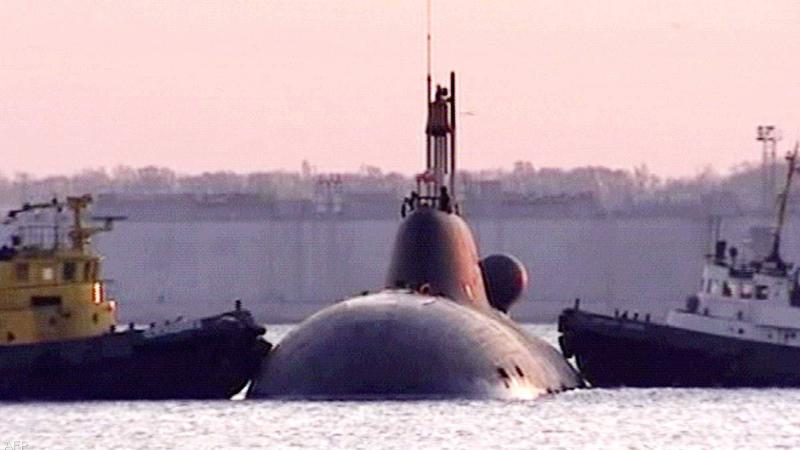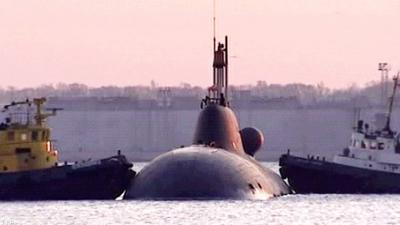The Russian army announced on Monday that its nuclear deterrent forces are now on high alert, in line with instructions from President Vladimir Putin. Defense Minister Sergei Shoigu informed the president that additional personnel have been deployed to the command centers of all Russian nuclear forces. The Russian Defense Ministry stated that the high alert status applies to all components of the Russian nuclear forces—including the strategic missile forces overseeing intercontinental ballistic missiles, as well as the Northern Fleet and the Pacific Fleet, which launch intercontinental ballistic missiles from submarines, and the long-range aviation forces that possess a fleet of strategic bombers with nuclear capabilities.
Putin appeared in a video on Sunday instructing military leaders to place the "deterrent force" of the Russian army on a special combat readiness status. During a meeting with military leaders, Putin said, "I order the Ministry of Defense and the Chief of Staff to put the deterrent forces of the Russian army on special combat alert." Defense Minister Sergei Shoigu responded, "Understood."
Putin justified his decision by condemning "aggressive statements from NATO" towards Russia and criticized what he deemed "unlawful" economic sanctions imposed by the West on Russia. The specific steps referred to by Putin's decision were unclear, but it raised concerns that the war in Ukraine could lead to a larger and more dangerous confrontation. According to the Russian Defense Ministry, the "nuclear deterrent forces" comprise units aimed at deterring any attack on Russia, including in the context of a war involving the use of nuclear weapons.
The strategic deterrent forces are divided into offensive and defensive forces, with nuclear deterrent forces forming the basis of the offensive capabilities, which rely on intercontinental missile and air systems, as well as long-range precision weapons. The offensive forces also include non-nuclear strategic forces, which primarily depend on long-range strategic bombers, ships, submarines, and aircraft capable of carrying high-precision long-range missiles. According to the Russian Defense Ministry's website, the strategic defensive forces rely on the capabilities and means of the defense forces, including the missile attack warning system, space monitoring systems, missile defenses, space means, and aircraft.




